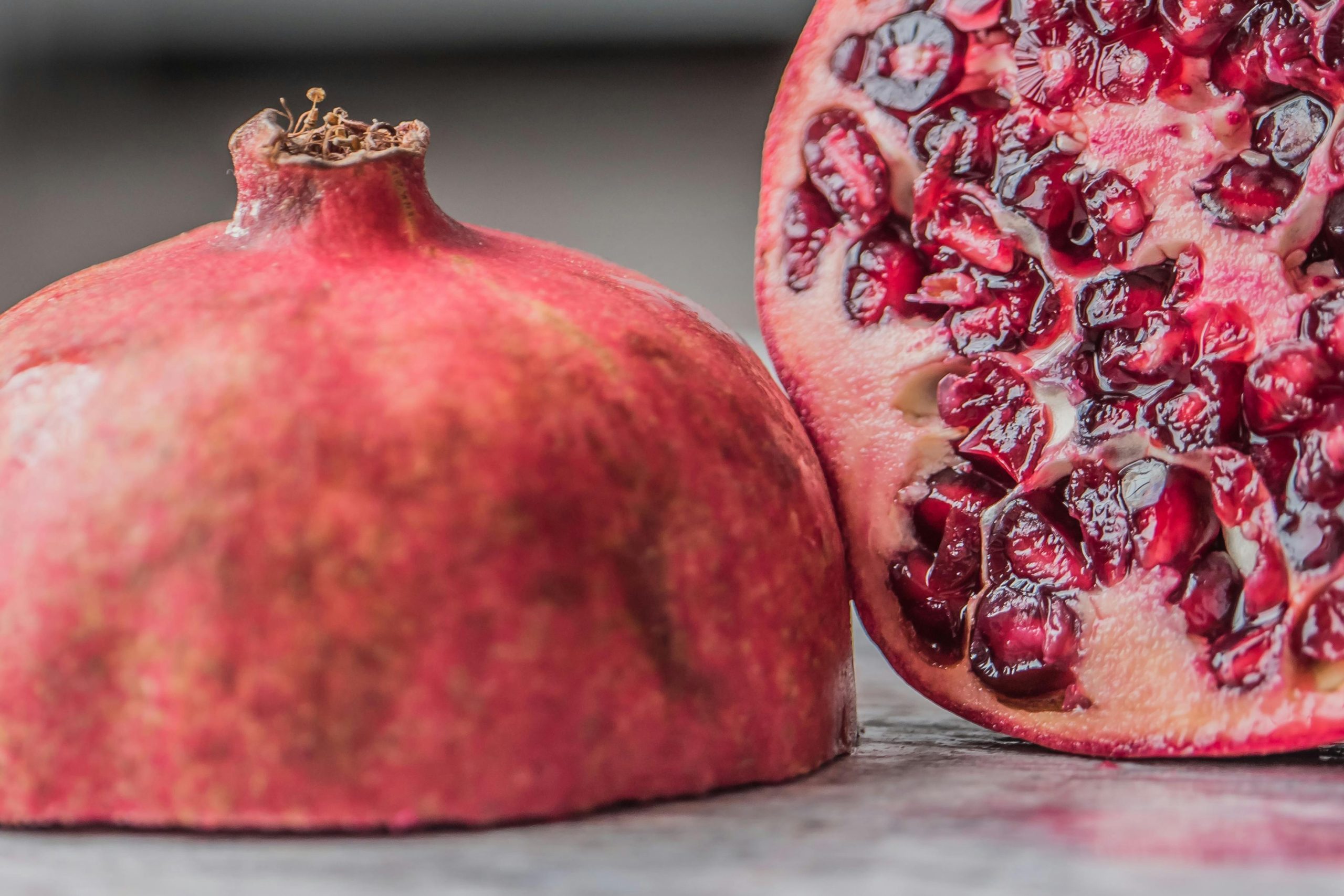In today’s health-conscious world, the debate between organic and conventional food is more relevant than ever. With increasing concerns about nutrition, environmental impact, and food safety, many people are wondering which option is truly better. While both types of food have their place in the market, organic food offers distinct advantages for both personal health and the planet. This article explores the key benefits of organic food compared to conventional food, helping you make an informed choice for your diet and lifestyle.
1. Nutritional Benefits of Organic Food
One of the most compelling reasons to choose organic food is its potential nutritional superiority. Studies suggest that organic produce often contains higher levels of essential nutrients, including:
- Antioxidants: Organic fruits and vegetables tend to have higher antioxidant levels, which help combat oxidative stress and reduce the risk of chronic diseases.
- Vitamins and Minerals: Some organic crops, such as spinach and tomatoes, have been found to contain more vitamin C, iron, and magnesium than their conventional counterparts.
- Healthy Fats: Organic dairy and meat products often have a better fatty acid profile, including higher levels of omega-3s, which support heart and brain health.
While the differences may not always be dramatic, the absence of synthetic pesticides and fertilizers in organic farming allows plants to develop more robust natural defenses, which can translate into richer nutrient profiles.
2. Reduced Exposure to Pesticides and Chemicals
Conventional farming relies heavily on synthetic pesticides, herbicides, and fertilizers to maximize yields. While these chemicals help control pests and boost production, they can leave residues on food that may pose health risks. Organic farming, on the other hand, prohibits the use of most synthetic chemicals, relying instead on natural alternatives like crop rotation, composting, and biological pest control.
- Lower Pesticide Residues: Organic produce has been shown to have significantly fewer pesticide residues, reducing potential risks like hormone disruption and neurological issues.
- No Synthetic Additives: Organic processed foods avoid artificial preservatives, colors, and flavors, making them a cleaner choice for long-term health.
- Antibiotic-Free Animal Products: Organic meat and dairy come from animals raised without routine antibiotics, decreasing the risk of antibiotic-resistant bacteria.
For those concerned about long-term exposure to chemicals, organic food provides a safer alternative.
3. Environmental Benefits of Organic Farming
Beyond personal health, organic farming offers significant environmental advantages. Conventional agriculture is a major contributor to soil degradation, water pollution, and greenhouse gas emissions. Organic practices, however, prioritize sustainability and ecological balance.
- Soil Health: Organic farming enhances soil fertility through composting, cover cropping, and reduced tillage, promoting biodiversity and reducing erosion.
- Water Conservation: By avoiding synthetic fertilizers and pesticides, organic farming prevents harmful runoff into waterways, protecting aquatic ecosystems.
- Lower Carbon Footprint: Organic farms typically use less energy and produce fewer greenhouse gases, helping combat climate change.
- Biodiversity Preservation: Organic fields support a wider variety of plants, insects, and wildlife, fostering healthier ecosystems.
Choosing organic food supports farming methods that protect the planet for future generations.
4. Better Taste and Food Quality
Many organic food enthusiasts swear by its superior taste. While taste is subjective, several factors contribute to the enhanced flavor of organic produce:
- Slower Growth: Organic crops often grow more slowly, allowing them to develop richer flavors.
- No Artificial Enhancers: Without synthetic additives, organic food retains its natural taste and texture.
- Freshness: Since organic food is often sold locally and seasonally, it tends to be fresher when it reaches your plate.
While not every organic product will taste better, many people find that organic fruits, vegetables, and dairy products offer a more authentic and enjoyable eating experience.
5. Supporting Ethical and Sustainable Practices
Buying organic isn’t just about personal health—it’s also about supporting ethical food systems. Organic farming emphasizes:
- Fair Labor Practices: Many organic farms prioritize fair wages and safe working conditions for laborers.
- Animal Welfare: Organic livestock must have access to outdoor spaces and be raised without unnecessary antibiotics or growth hormones.
- Local Economies: Organic farming often supports small-scale farmers and local markets, strengthening communities.
By choosing organic, you contribute to a food system that values people, animals, and the environment.
Conclusion
The choice between organic and conventional food ultimately depends on your priorities, budget, and accessibility. While organic food may come at a higher price, its benefits—ranging from improved nutrition and reduced chemical exposure to environmental sustainability and ethical farming—make it a worthwhile investment for many. Whether you switch entirely or simply incorporate more organic options into your diet, every small step toward organic consumption can have a positive impact on your health and the planet.
